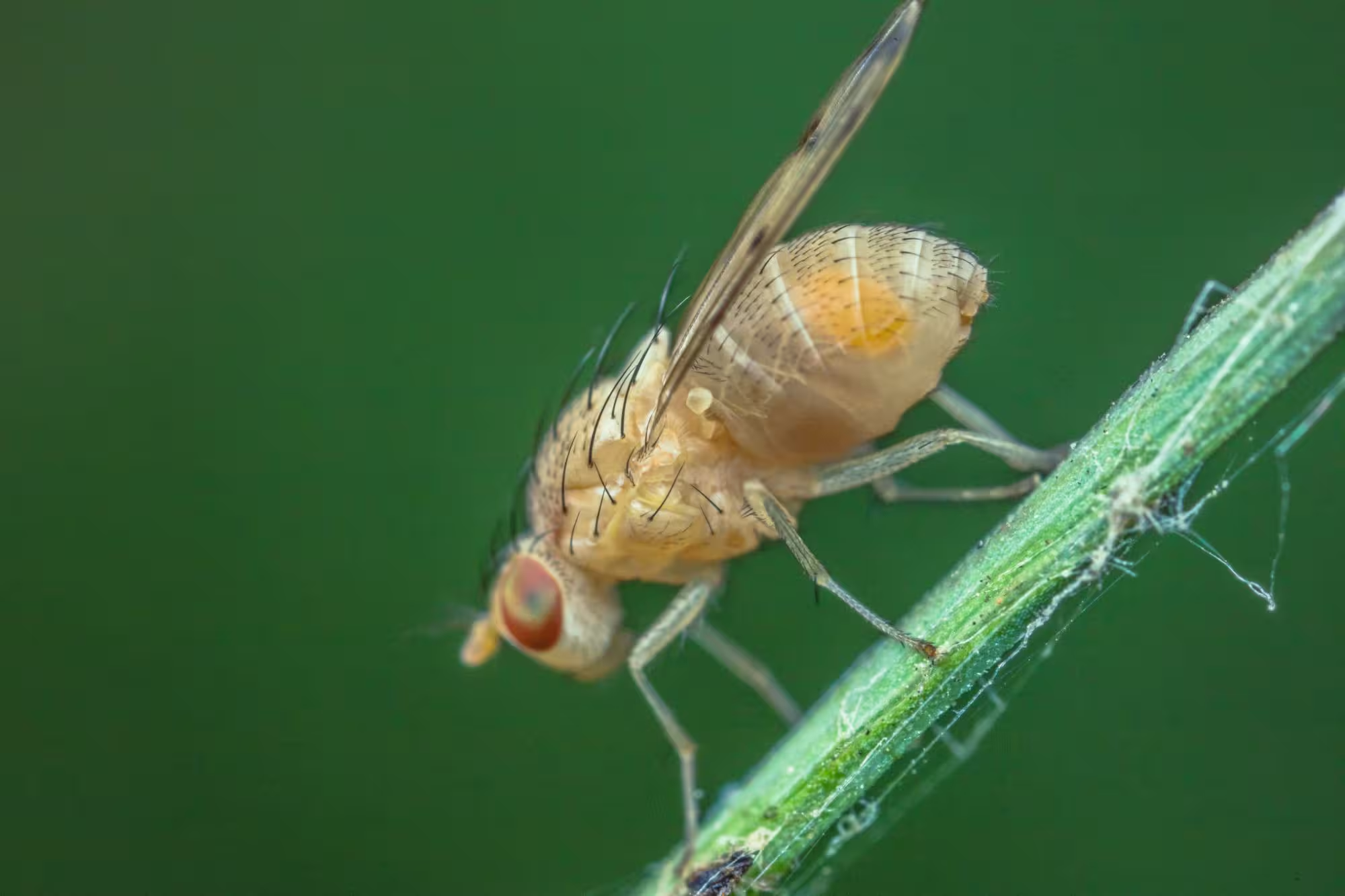Mechanisms of plasticity specification during an embryonic critical period.

Transient experiences during formative periods of development, called ‘critical periods’, have lasting impact on how our brains function. As indicated by the name, critical periods are of fundamental importance to the development of nervous systems. During these developmental phases, functional properties of nerve cells are specified, which determine how networks perform. Importantly, errors that occur during a critical period often remain locked in, unable to be corrected. Many neurodevelopmental disorders, including epilepsy, schizophrenia and autism spectrum disorder, are now thought of as network mis-adjustments that arise during critical periods of childhood or adolescence. Conversely, clinical interventions during the critical period could prove highly effective; for example, transient re-balancing of neuronal activity during the critical period can permanently rescue the effects of mutations that would otherwise cause epilepsy.
Recent work by the project’s collaborators, Prof. Richard Baines, University of Manchester, has shown that critical periods are probably universal phenomena, common to all nervous systems, including insects. Building on their findings, the project has discovered an explicit critical period at the neuromuscular junctions (nerve-muscle connection) in the fruitfly, Drosophila. This has many advantages, including being comparatively large, as well as easy to access and manipulate. Through experiments, it has been discovered that brief exposure to extreme temperatures during late embryonic development significantly alters nerve cell growth and function. While this is scientifically fascinating, it is also concerning in the context of climate change, as it demonstrates how a mere few degrees of temperature variation can have profound and lasting impacts on nervous system development and animal behaviour.
The project aims to use this experimental system to explore the mechanisms by which transient critical periods determine key nerve cell properties. Additionally, it will investigate how short-lived experiences can lead to long-term effects, with initial data suggesting that epigenetic mechanisms play a role in altering and maintaining changes in gene expression. The mechanisms involved are likely conserved across species, making this work relevant to both clinical and ecological contexts.
